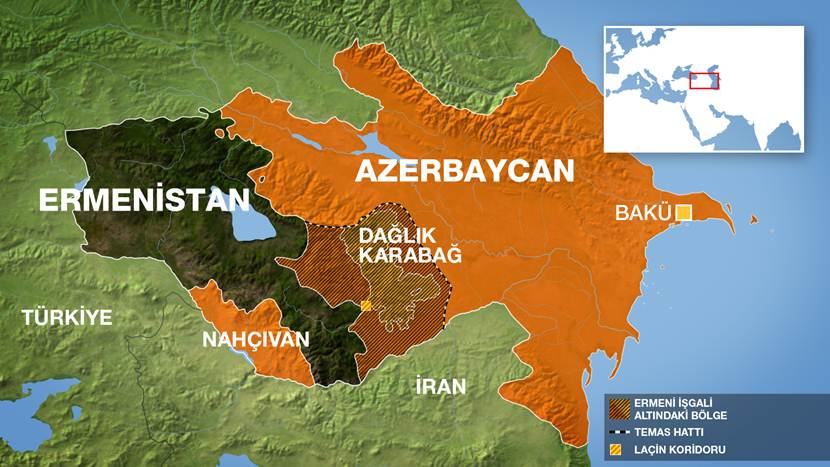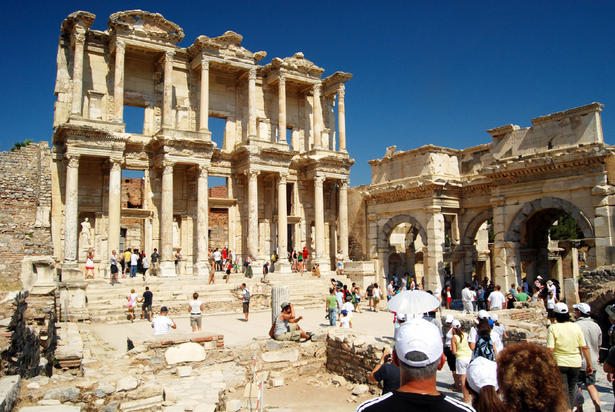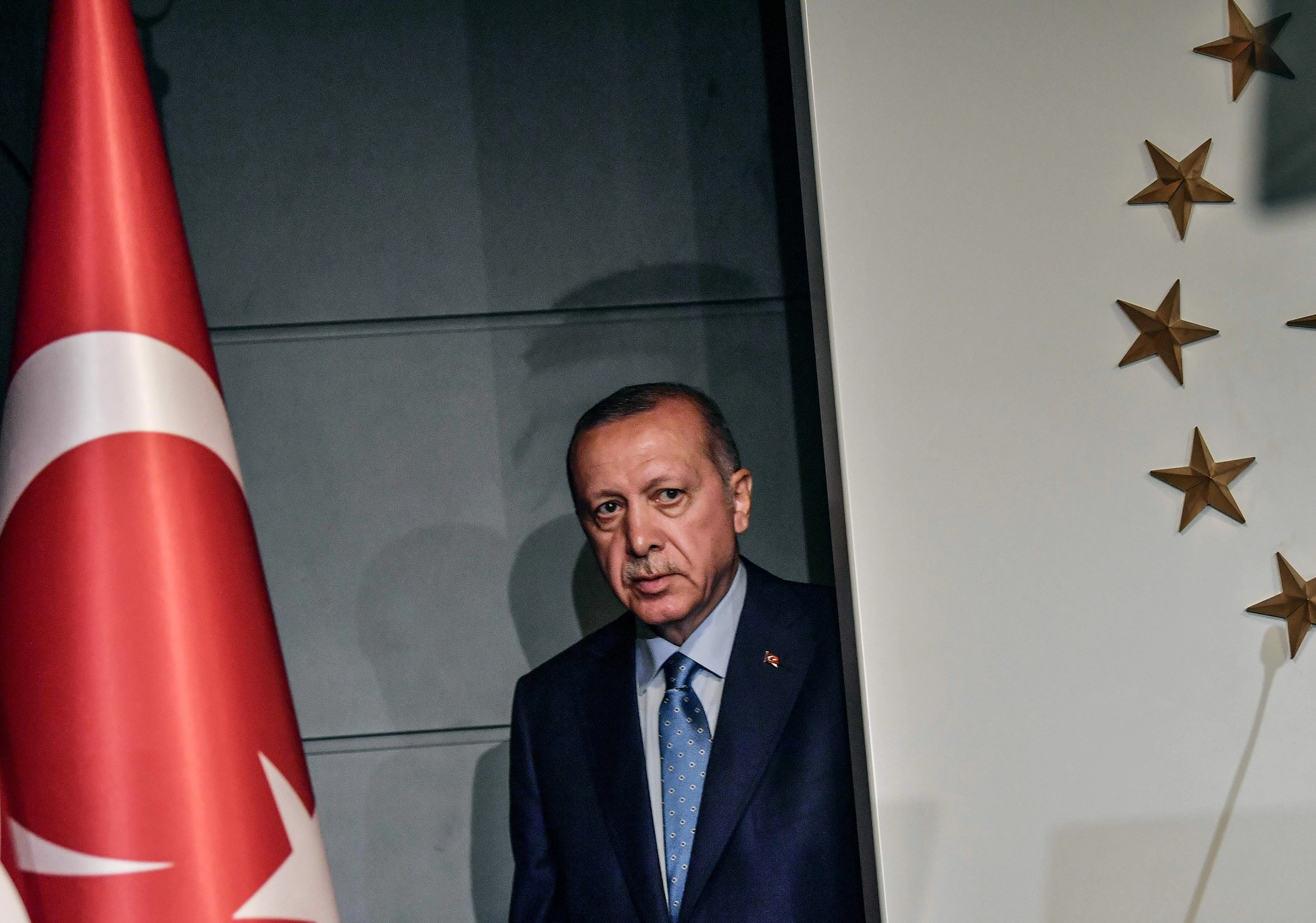 Glasgow East MP was arrested in the Diyarbakir region, south east Turkey
Glasgow East MP was arrested in the Diyarbakir region, south east Turkey- She was released shortly afterwards and said she was ‘absolutely fine’
- McGarry was forced to resign from SNP after links to missing donations
According to Daily Mail Scottish MP Natalie McGarry was today arrested by Turkish special forces less than 80 miles from the Syrian border.
The Glasgow East MP said she was ‘recording the sound of bombs falling across the border in Syria’ when she was detained at a security check point in the Sur district of Diyarbakir, a region in the south east of the country.
She was taken away for questioning and released shortly afterwards, her office said.
Ms McGarry, who was forced to resign from the SNP party whip last year while police investigate missing donations from a pro-independence group she founded, tweeted: ‘Thank you for any concerns, but I am safe and absolutely fine,’ she told her Twitter followers this afternoon.
Explaining the arrest, Ms McGarry’s lawyer, Aamer Anwar, said: ‘I can confirm that Natalie McGarry MP was questioned earlier on today but was released shortly thereafter and is grateful to everybody for their messages of support.
‘It appears that a member of the Turkish Security Forces became alarmed as Natalie had her mobile phone out near a security check point.
‘She was taken away for questioning and it was subsequently explained that she was simply recording the sound of bombs falling across the border in Syria. There will be no further statement and Natalie will be returning home soon.’
Suspended: McGarry, pictured centre alongside Scottish First Minister Nicola Sturgeon, was forced to resign from the SNP while police investigate ‘missing donations’ from a pro-independence group she co-founded
Confirming reports of her arrest in Turkey, a Foreign Office spokeswoman said: ‘A British national was briefly detained and released in Diyarbakir, Turkey. Our embassy staff were in close contact with local authorities.’
Police named her as part of their investigation into allegations that £30,000 of donations had gone missing from the Women for Independence (WFI).
Withdrawing the party whip leads to an automatic suspension from the party.
The suspension came just six months after winning the Glasgow East seat off former Shadow Scotland Secretary Margaret Curran.
McGarry, who co-founded WFI in 2012, denied any wrongdoing.
She was the second SNP MP to leave the party following Edinburgh West MP’s Michelle Thomson suspension over allegations of mortgage fraud involving property deals.
Last month Ms McGarry again hit the headlines when she was threatened with legal action by Harry Potter author JK Rowling after the pair became embroiled in a remarkable Twitter spat.
It started with the MP accusing JK Rowling of defending ‘abusive misogynist trolls’, claiming she had supported an anti-Scottish nationalist Twitter user ‘Brian Spanner,’ who has sent abusive tweets to Ms McGarry and other pro-independence politicians in the past.
The Harry Potter Rowling, who received a string of sexist abuse for opposing nationalists during the Scottish referendum campaign, immediately demanded an explanation.
McGarry responded by sending a screenshot of the author describing Spanner as a ‘good man’ in a Tweet posted in October last year and accused Rowling of ‘bullying’.
The row came to an end after Rowling suggested she would take legal action against Ms McGarry, tweeting: ‘You don’t appear to understand how Twitter or defamation works.
‘I’m going to help you out with the latter,’ adding that any damages she wins will go to her charity.






 “
“
